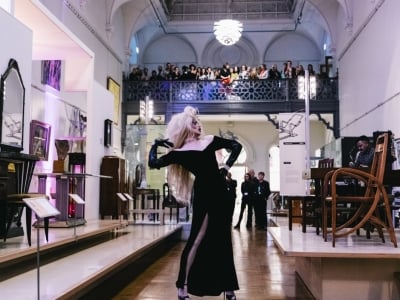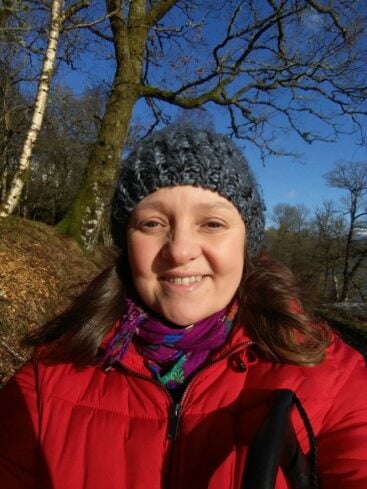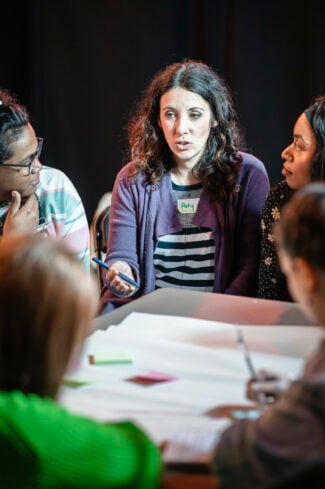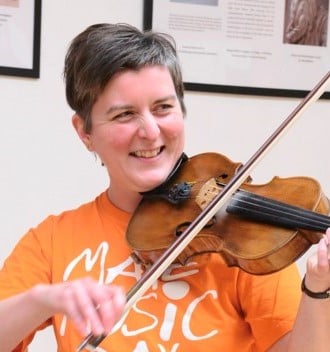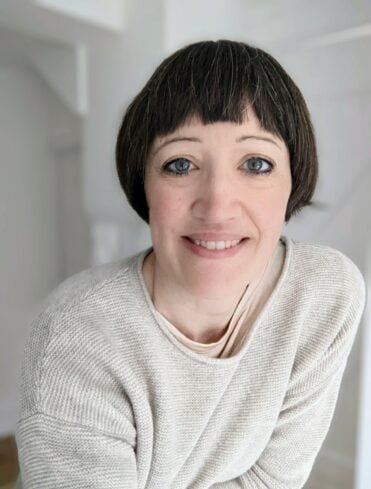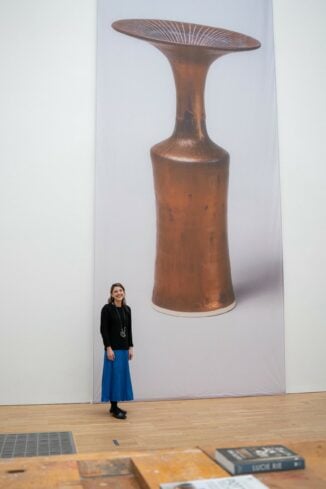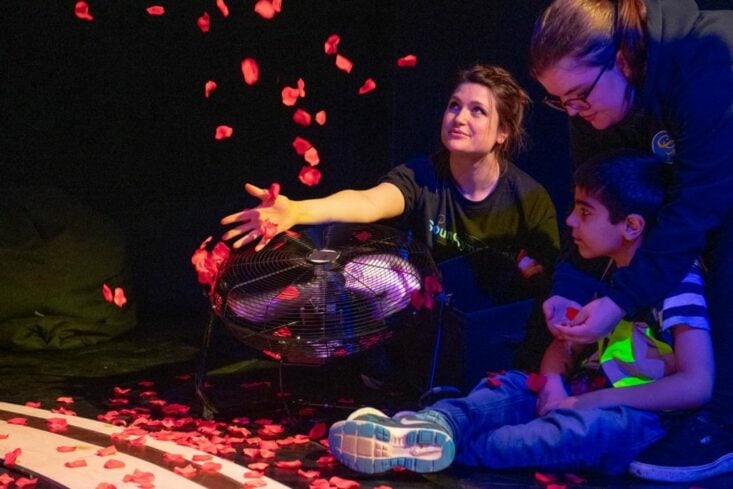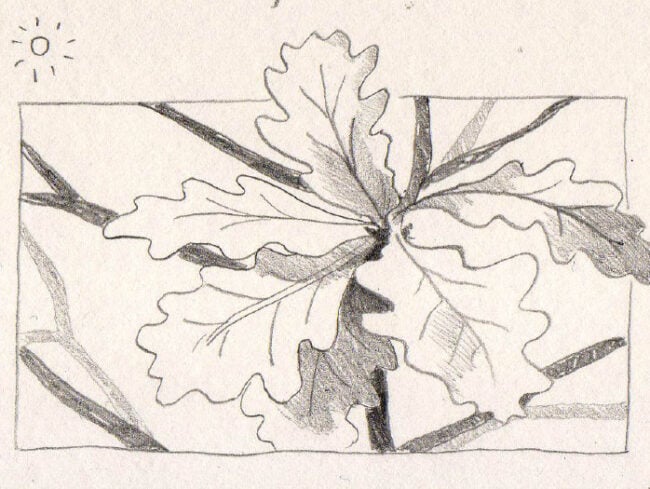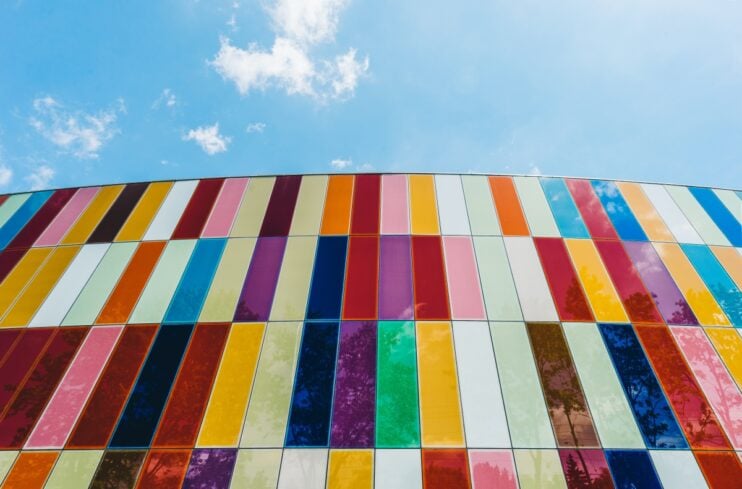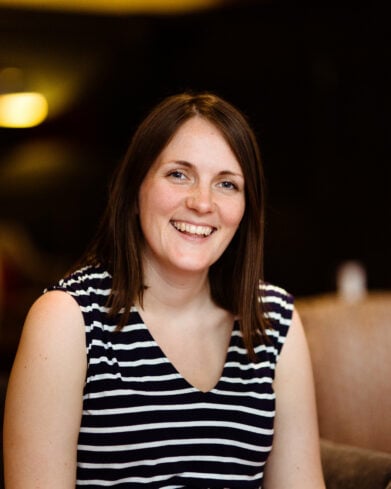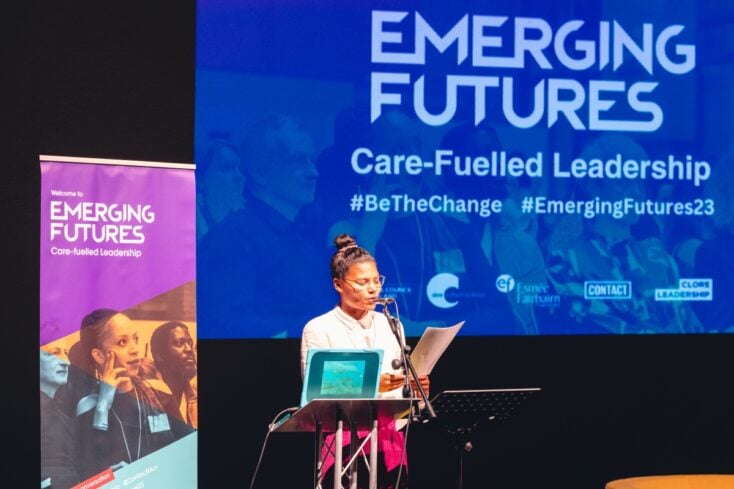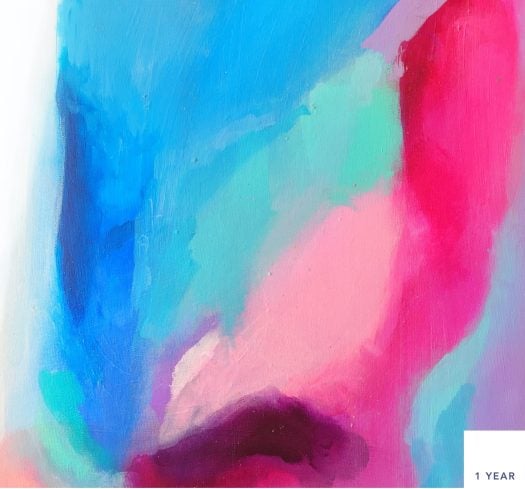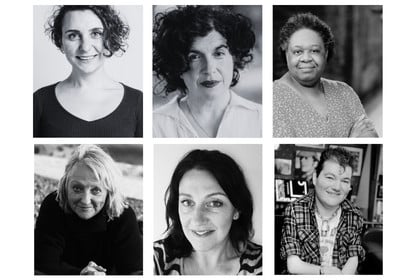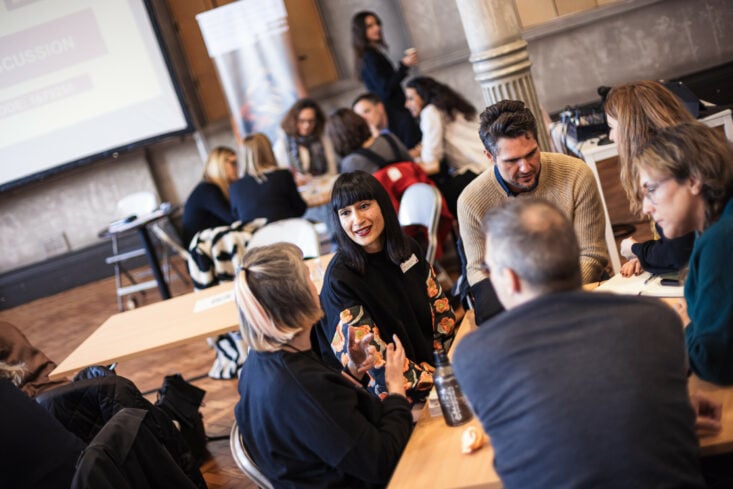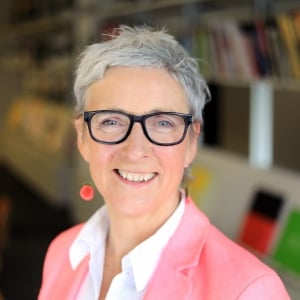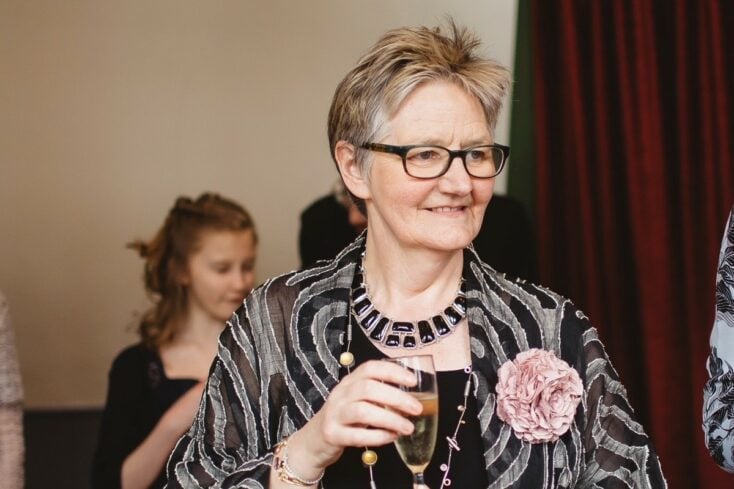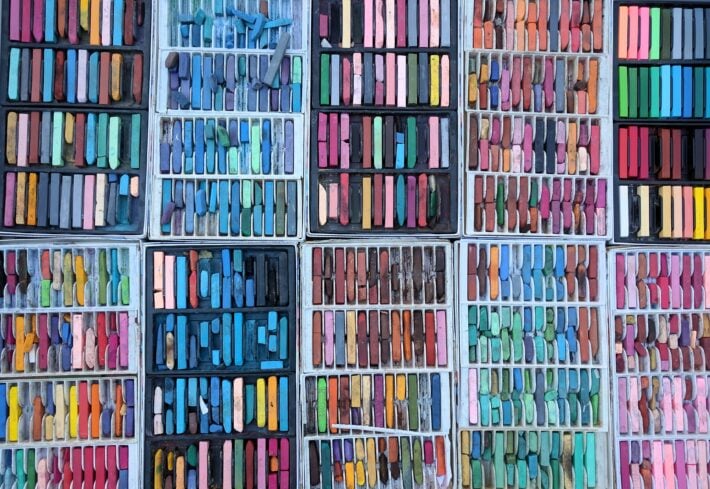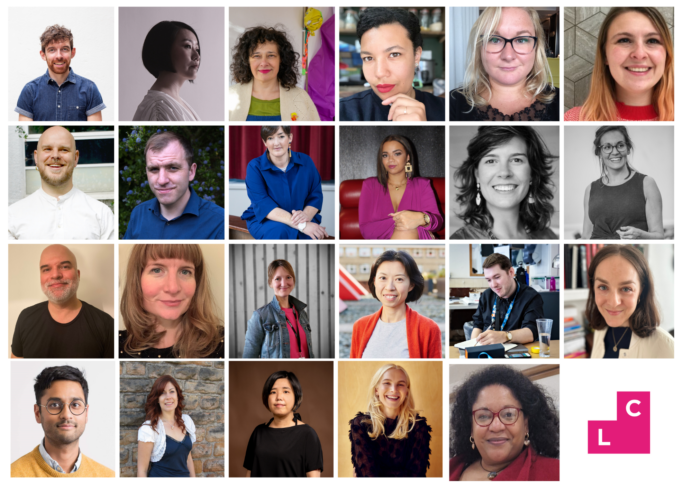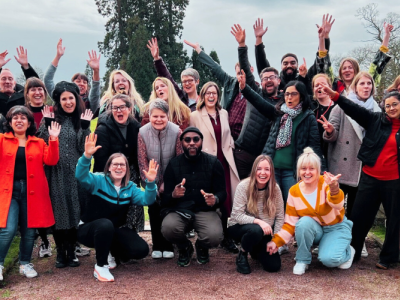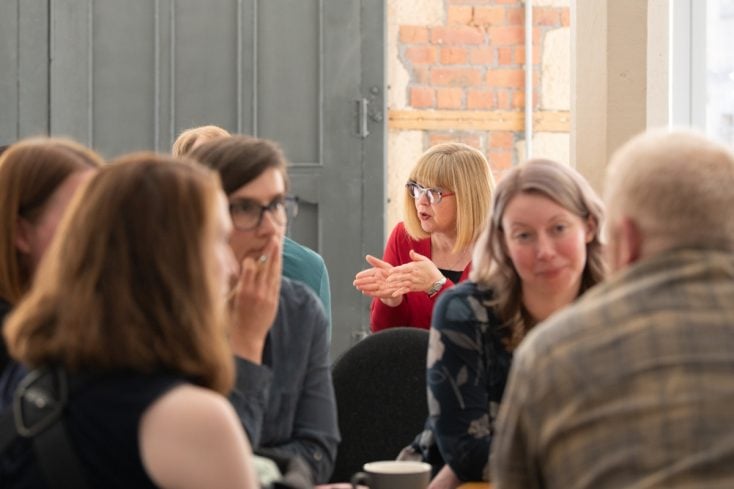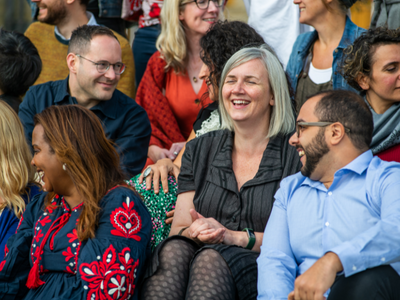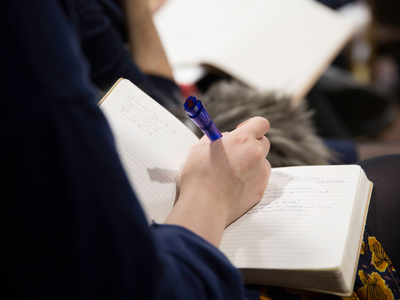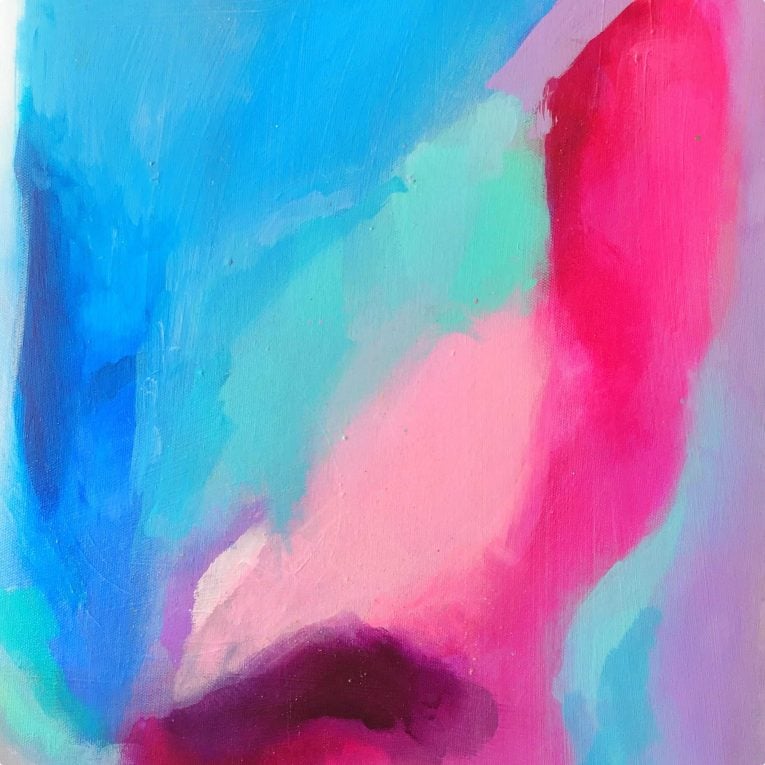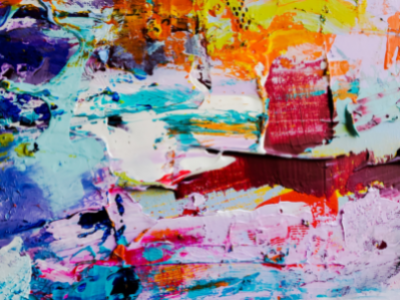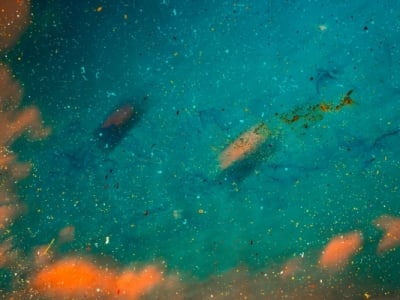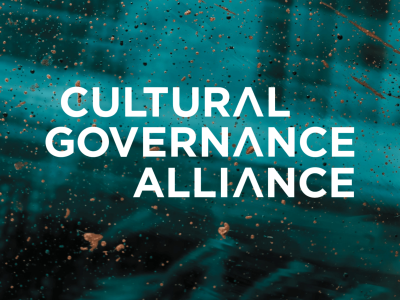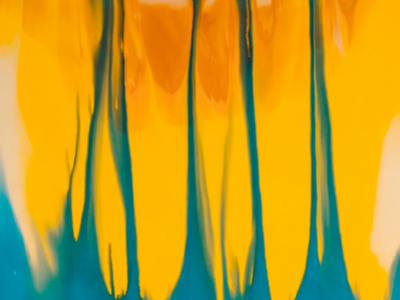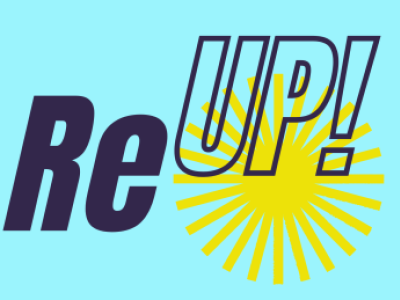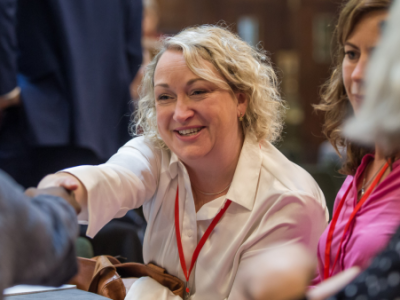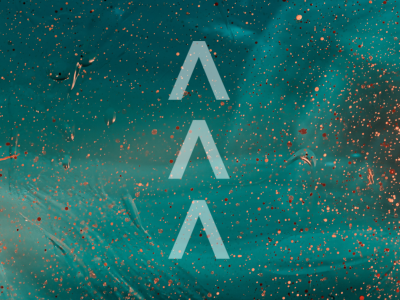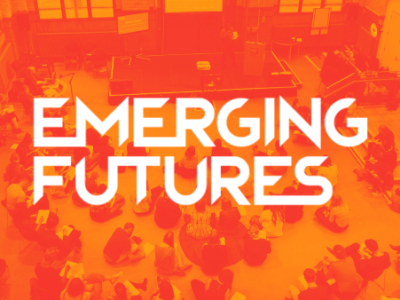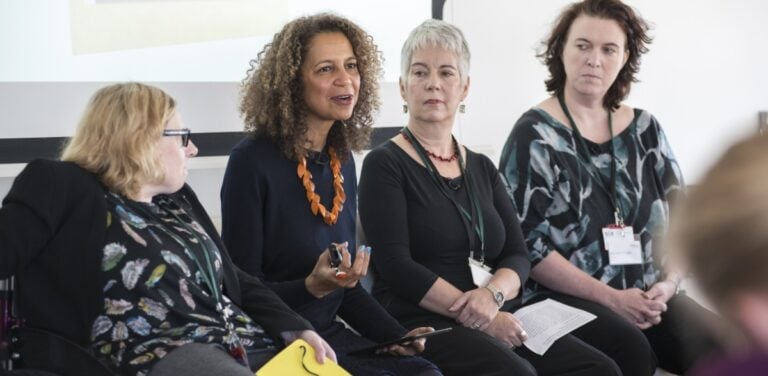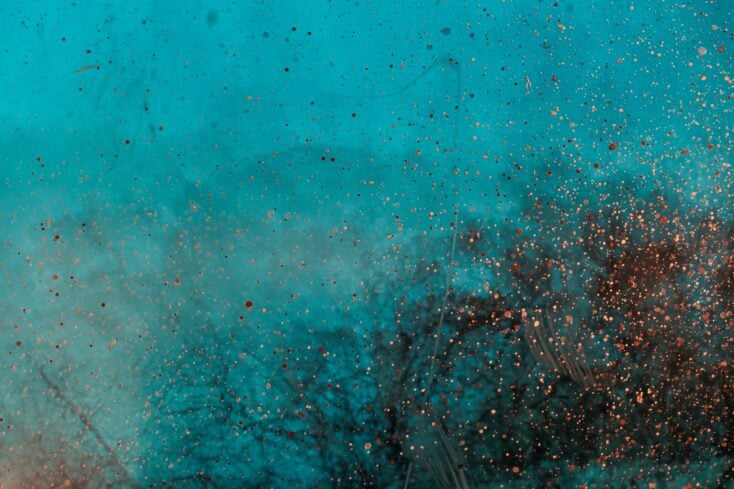Perspectives on leadership in Queer Heritage
2022 Clore Fellows David Sheppeard and Magnus Copps write in collaboration to discuss their new project Queer Heritage South, and the significance of LGBTQIA+ voices in the heritage sector.
We are two queer leaders currently collaborating on the development of a new LGBTQIA+ heritage project, Queer Heritage South, connecting Brighton & Hove with communities across the South East.
Our journeys to this point have been quite different with one of us (Magnus) working for a large heritage institution and the other (David) coming from an LGBTQIA+ community organisation. We wanted to reflect on how leadership manifests in these different contexts and potential for the future. It is comparatively recent that queer heritage has received any public funding or been viewed as part of the remit of heritage institutions. We believe that in a time where our communities are targets of divisive media rhetoric, our vast queer past offers a space for connection and dialogue. We use the term ‘queer’ in this post as a flexible umbrella term, allowing us to cover the ever-evolving range of identities in our community.
We are inspired by the leadership shown within queer communities to take ownership of their own heritage. Our fellow Clore 18 cohort member Topher Campbell, alongside Ajamu X were trailblazers in the development of the defiantly Black, queer Rukus collection, which is located at London Metropolitan Archives. EJ Scott, a lecturer in curation at UAL, spearheaded the Museum of Transology, one of the largest crowd-sourced collections of trans objects in the world which is housed at the Bishopsgate institute. In both instances forward-thinking individuals within large archives have supported the long term care of these community driven collections. An issue in community archiving can be overdependence on a few individuals leading to unsustainable practices, particularly amongst those who may experience marginalisation in multiple ways like for instance, queer disabled people.
In institutional spaces exploring queer links within collections or heritage sites can be really powerful. We see institutional leadership here from Queer Britain, an LGBTQ+ museum that opened in 2022, and leadership in the freelance space from practitioners such as Sacha Coward, Sheldon Goodman, and Dan Vo. This extends into the academic research space through initiatives like the (UKRI-funded) Queer Heritage and Collections Network which brings together academics and collections. Larger local authority and nationally funded institutions are stepping up to the plate on queer programming – with the National Trust’s Prejudice and Pride a landmark programme beginning in 2017 along with more recent regional examples like Queer the Pier (Brighton Museum and Art Gallery) however it would be great to see even more representation in these spaces and programme.
We see potential for queer leadership development in more ambitious and sustained collaborations between communities and institutions like the one we are hoping to develop with Queer Heritage South. However, we recognise that many public collections (local authority museums and archives) have suffered due to funding cuts with little capacity for new projects and programmes.
As leaders there is a real challenge in how we capture this ephemeral queer life in a way that allows its dynamism to persist and be celebrated. In our project we are seeking to do this by linking collections directly to events, performances and digital outputs archive (check out David’s podcast My Queer Museum). In this way we aspire to support the richness of queer heritage of queer communities coming together around culture for decades to come.
